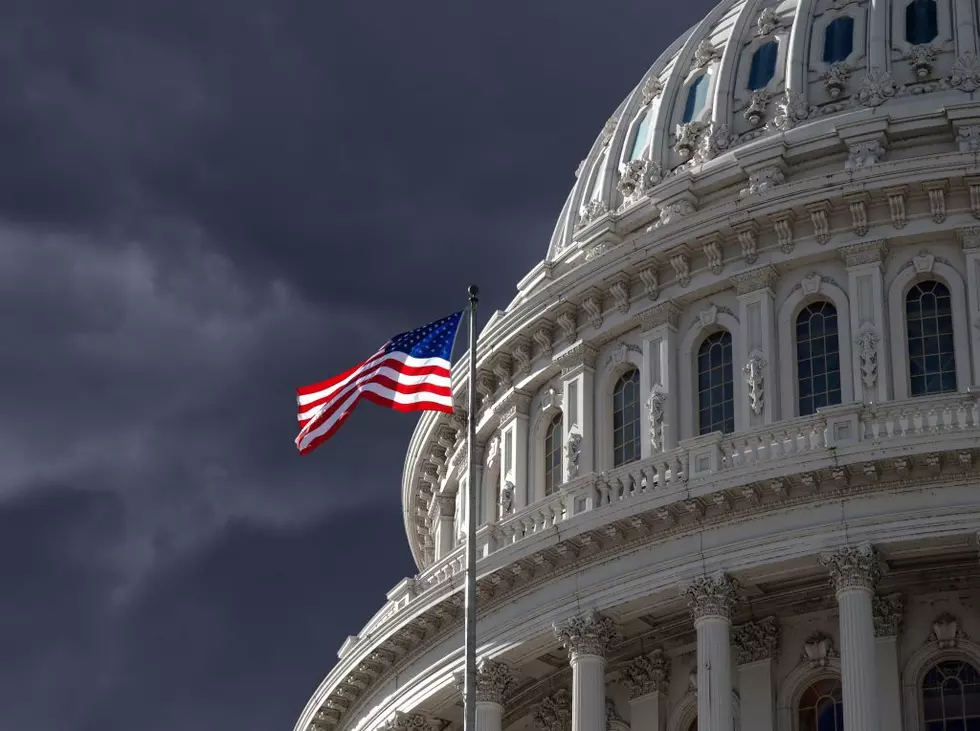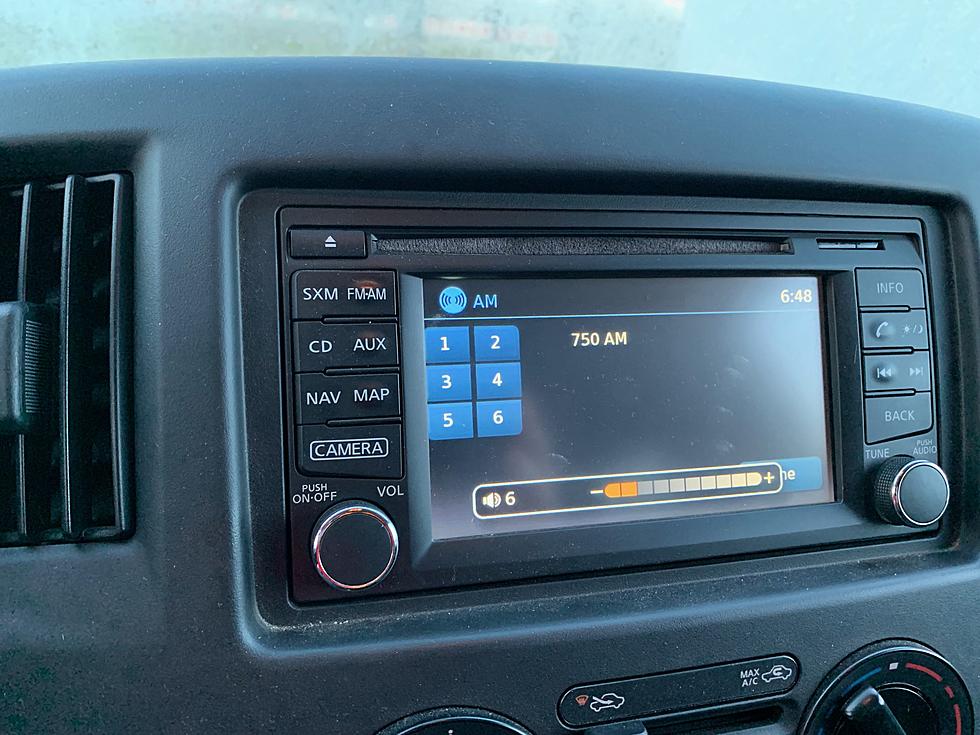
Potential Trade War with Canada Looms
Earlier this month, Canada delivered a letter to a number of senior U.S. senators threatening to suspend parts of the USMCA trade agreement unless the Senate backs away from a tax credit for American-built electric vehicles. In the letter, Deputy Prime Minister Chrystia Freeland and International Trade Minister Mary Ng stated that certain provisions of the electric vehicle tax credit violates American obligations under the USMCA.
That act, proposed by Congress, has not yet been passed into law but is currently in the Senate for approval. Provisions in the act propose large tax credits of up to $12,500 for American buyers of new electric vehicles. But to qualify, those cars must be manufactured by union workers in the U.S. Analysts believe that such tax incentives could effectively put a 34% tariff on Canadian-built electric vehicles destined for the American market.
“This issue of the EV credits that’s part of the Build Back Better bill is in the U.S. senate right now," noted Canada’s International Trade Minister Mary Ng. "It’s equivalent to what is a 34% tariff on Canadian automobiles. If we are not able to find a solution, or a resolution, Canada would be prepared to defend its interests, and to retaliate should we need to.”
However, the letter from Canada also included a potential solution. It suggested making Canadian-assembled vehicles and batteries eligible under the U.S. tax proposal. Just last week, Prime Minister Justin Trudeau upped the ante, stating that Canada would align its own electric-vehicle incentives with those in the U.S. – but only if Canadian-built cars and trucks could be made eligible for the proposed U.S. tax credits.
Trade analysts on both sides of the border agree that such a stand-alone U.S. tax incentive would be a major blow to Canada’s automotive sector, the country’s second largest export industry after the energy sector.
But the U.S. Ambassador to Canada, David Cohen, says that Canada is jumping the gun with this letter that threatens counter-tariffs against an Act that does not exist under American statute - yet.
“It is a legislative proposal. That proposal has not passed. It is subject to debate, it is subject to amendment, and there is nothing to rescind at this point because the provision does not exist. And I think we have to allow that process to play out.”
But former U.S. Ambassador Kelly Craft believes the tax credit would hurt some American auto workers, and that it does threaten the USMCA.
“Why would we want to jeopardize a trade deal for a tax credit? Kentucky would also stand to lose from a tax credit of this sort, with these components being made by unions.”
International Trade Minister Mary Ng believes that Canada is being pro-active on this issue, and has already put together a list of items that would be used as counter-tariffs.
"The letter lays out what Canada could be doing, applying tariffs to American exports in a manner that will impact American workers in the auto sector, along with other sectors. It could potentially be Dairy TRQ’s, it could potentially be the implementation of U.S. copyright in USMCA. There are retaliatory actions that we could be taking.”
Still, the legislative process must play out before any potential trade war would develop.
If you have a story idea for the PNW Ag Network, call (509) 547-1618, or e-mail gvaagen@cherrycreekmedia.com
More From PNW Ag Network









